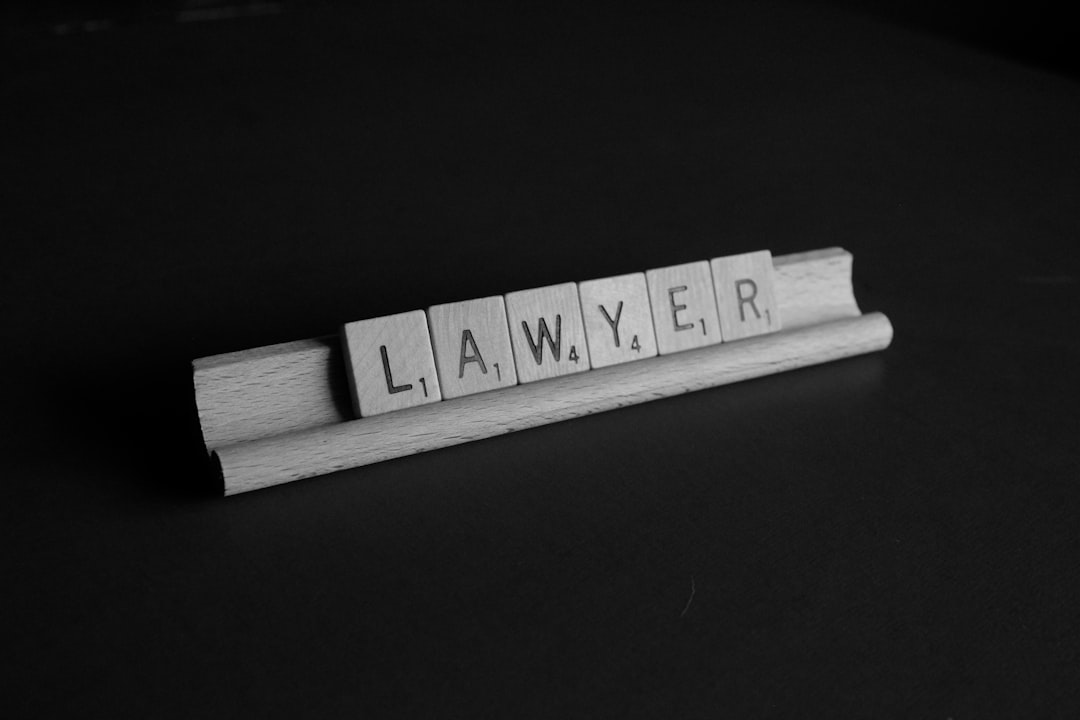A secure law firm IT setup relies on robust equipment like powerful computers, secure routers, firewalls, and servers. Essential law office equipment includes encrypted communication tools, access control systems, biometric scanners, backup power, and disaster recovery solutions to protect sensitive data and maintain business continuity. Implement encryption, strong access controls, regular updates, and employee training to safeguard client privacy. Strategic network infrastructure, high-speed internet, and regular security audits further fortify against cyber threats, ensuring data integrity and privacy for legal professionals.
In today’s digital age, a secure law firm IT setup is non-negotiable. This comprehensive guide explores the essential components and best practices for building a robust legal technology infrastructure. From selecting the right law office equipment like secure computers and encrypted storage devices to implementing stringent data security protocols, this article navigates the critical aspects of protecting sensitive client information. Discover how to establish a resilient network, safeguard privacy, and ensure your law firm’s digital operations meet the highest standards of integrity and confidentiality.
- Essential Law Office Equipment for Secure Setup
- Securing Data: Best Practices for Law Firms
- Network Infrastructure: Building a Robust Foundation
- Protecting Client Privacy: IT Measures in Law Offices
Essential Law Office Equipment for Secure Setup
In any law firm, a secure IT setup is only as strong as its foundational equipment. Essential law office equipment includes robust computers or workstations with high-speed processors and ample storage to handle demanding legal software. Secure network infrastructure is paramount; this involves reliable routers, firewalls, and switches that can withstand advanced cyber threats while ensuring data privacy and confidentiality. Additionally, secure servers capable of managing vast amounts of client data without compromise are non-negotiable.
Furthermore, law office equipment should encompass secure communication tools like encrypted video conferencing software and end-to-end encrypted messaging platforms to protect sensitive discussions. Physical security measures such as access control systems and biometric scanners also play a vital role in safeguarding the premises and the data within. Back-up power supplies and disaster recovery solutions are equally important to mitigate risks associated with power outages or natural disasters, ensuring business continuity.
Securing Data: Best Practices for Law Firms
To ensure data security in a law firm, it’s imperative to implement robust practices that safeguard sensitive client information. This involves encrypting all data at rest and in transit, using strong access controls with multi-factor authentication, and regularly updating antivirus software to protect against malicious threats. Regular backups of critical data should be stored offsite or in the cloud, ensuring redundancy and quick recovery in case of hardware failure or cyberattack.
Additionally, law office equipment like computers, servers, and mobile devices must adhere to strict security protocols. This includes using secure browsers, implementing network segmentation to isolate sensitive systems, and educating employees on phishing attacks and social engineering tactics. Regular security audits and vulnerability assessments should be conducted to identify and patch potential weaknesses in the IT infrastructure.
Network Infrastructure: Building a Robust Foundation
A secure Law Firm IT setup begins with a robust network infrastructure, serving as the foundation for all other technology implementations within the firm. This involves designing a network architecture that accommodates the specific needs of legal professionals, while ensuring data privacy and protection. High-speed, reliable internet connectivity is non-negotiable, enabling efficient document sharing, research, and communication among attorneys and staff.
The physical components, or law office equipment, such as routers, switches, firewalls, and wireless access points, must be strategically placed and configured to create a secure perimeter. These devices act as gatekeepers, controlling incoming and outgoing network traffic, and safeguarding against cyber threats. Regular updates and patches for this infrastructure are crucial to address emerging security vulnerabilities, ensuring the network remains a formidable barrier against potential data breaches.
Protecting Client Privacy: IT Measures in Law Offices
Protecting client privacy is paramount for any law firm, and a robust IT setup plays a pivotal role in ensuring data security. Law office equipment, from computers to servers, must be fortified with advanced encryption protocols to safeguard sensitive legal information. This includes implementing secure network configurations, regular software updates, and strict access controls to prevent unauthorized access.
Beyond technical measures, law firms should educate their staff on cybersecurity best practices. Training programs can help employees recognize potential threats like phishing attempts and ensure they follow protocol when handling client data. Combining these IT measures with robust employee training creates a multi-layered defense, fortifying the firm against data breaches and upholding the highest standards of client privacy.
Securely establishing an IT system within a law firm is paramount to maintaining client confidentiality and ensuring operational efficiency. By equipping your law office with essential hardware, implementing robust data security practices, fortifying network infrastructure, and adopting privacy-focused IT measures, you create a formidable defense against potential cyber threats. Investing in a secure IT setup not only safeguards sensitive legal information but also enhances the firm’s reputation, fostering client trust and ensuring long-term success.
